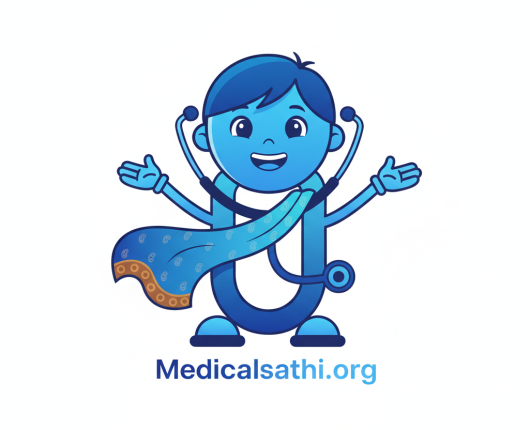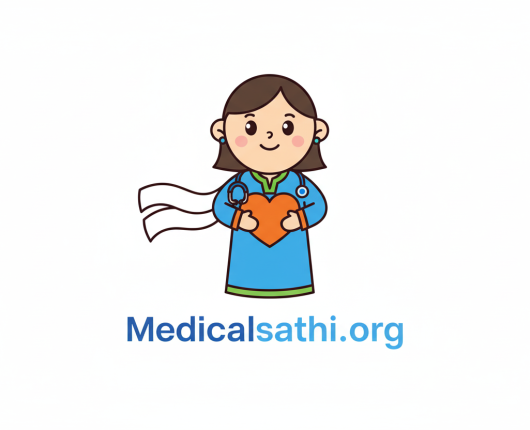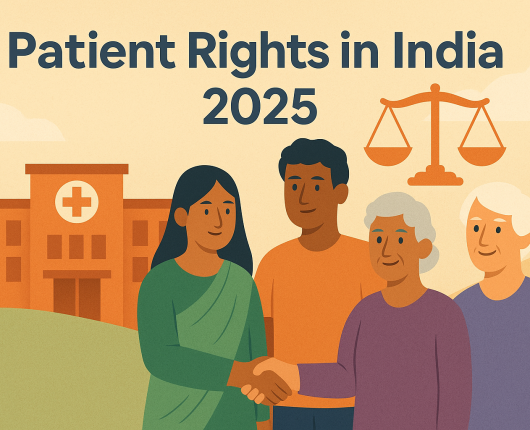-
 By Dr. Ashish
By Dr. Ashish
- September 1, 2025
- 0 Comments
- Community, Doctors
Introduction: Why Diabetes Awareness Matters in 2025
As of September 1, 2025, 05:13 PM IST, diabetes affects over 460 million people globally, with numbers rising annually. Early detection can transform outcomes, reducing complications like heart disease or kidney failure. This guide empowers you with the knowledge to recognize symptoms, manage the condition, and take proactive steps—starting today.
Understanding Diabetes: Types and Basics
Diabetes occurs when blood sugar levels are too high due to issues with insulin. The main types are:
-
Type 1 Diabetes: An autoimmune condition, often diagnosed in children, where the body attacks insulin-producing cells.
-
Type 2 Diabetes: The most common form, linked to lifestyle factors, typically developing in adults but increasingly in youth.
-
Gestational Diabetes: Occurs during pregnancy, requiring careful monitoring.
Knowing your type guides your management plan—consult a healthcare provider for clarity.
Early Symptoms of Diabetes to Watch For
Detecting diabetes early can prevent severe health issues. Look out for these signs:
-
Excessive Thirst and Frequent Urination: Your body tries to flush excess sugar, causing dehydration.
-
Unexplained Fatigue: Lack of energy from poor sugar utilization.
-
Blurred Vision: High blood sugar can affect eye lenses.
-
Slow-Healing Wounds: Reduced blood flow impacts recovery.
-
Tingling in Hands or Feet: Early nerve damage signs.
If these persist for weeks, schedule a blood test—don’t wait.
Risk Factors and Screening Tests
Certain factors increase your risk:
-
Family history of diabetes.
-
Obesity or sedentary lifestyle.
-
Age over 45 or polycystic ovary syndrome (PCOS).
Screening options include:
-
A1C Test: Measures average blood sugar over 2-3 months (normal <5.7%).
-
Fasting Blood Sugar Test: Checks levels after an overnight fast (normal <100 mg/dL).
-
Oral Glucose Tolerance Test: Assesses how your body handles sugar.
Routine checks, especially after age 35, are vital in 2025’s health landscape.
Effective Management Strategies
Managing diabetes involves a blend of lifestyle and medical approaches:
-
Diet: Focus on low-glycemic foods—vegetables, whole grains, lean proteins. Limit sugary drinks and processed carbs.
-
Exercise: Aim for 150 minutes weekly of moderate activity like walking or yoga.
-
Medications: Metformin for Type 2 or insulin for Type 1, as prescribed.
-
Monitoring: Use glucometers or continuous glucose monitors (CGMs) to track levels.
-
Regular Checkups: Manage complications with annual eye and kidney exams.
Consistency is key—work with a dietitian or endocrinologist for a tailored plan.
Inspiring Patient Stories
Meet Rajesh, a 38-year-old from Delhi, who reversed prediabetes with diet and exercise after a 2023 diagnosis. “I swapped rice for quinoa and walked 30 minutes daily—my A1C dropped from 6.2% to 5.6% in six months,” he shares. Stories like his prove small changes matter.
Prevention Tips for a Healthier Future
While not all diabetes is preventable, you can lower your risk:
-
Maintain a healthy weight—lose 5-7% if overweight.
-
Stay active to improve insulin sensitivity.
-
Limit alcohol and quit smoking.
-
Get screened if at risk, especially during annual health checkups.
Prevention starts with awareness—act now.
Resources and Support Communities
Connect with others for support:
-
American Diabetes Association (diabetes.org): Offers tools and forums.
-
Diabetes India (diabetesindia.com): Local resources and events.
These backlinks provide expert guidance and community strength.
Why September 2025 is a Turning Point
With Diabetes Awareness Month in full swing, September 2025 is the perfect time to prioritize your health. New technologies like AI-driven glucose monitoring are emerging—stay informed to benefit.






